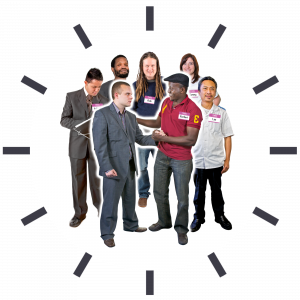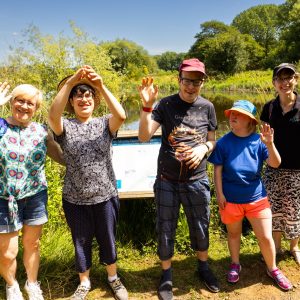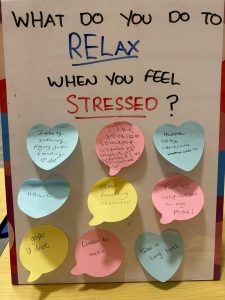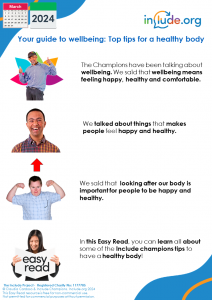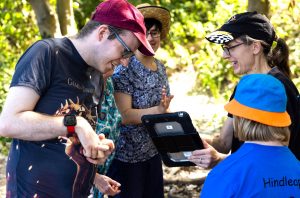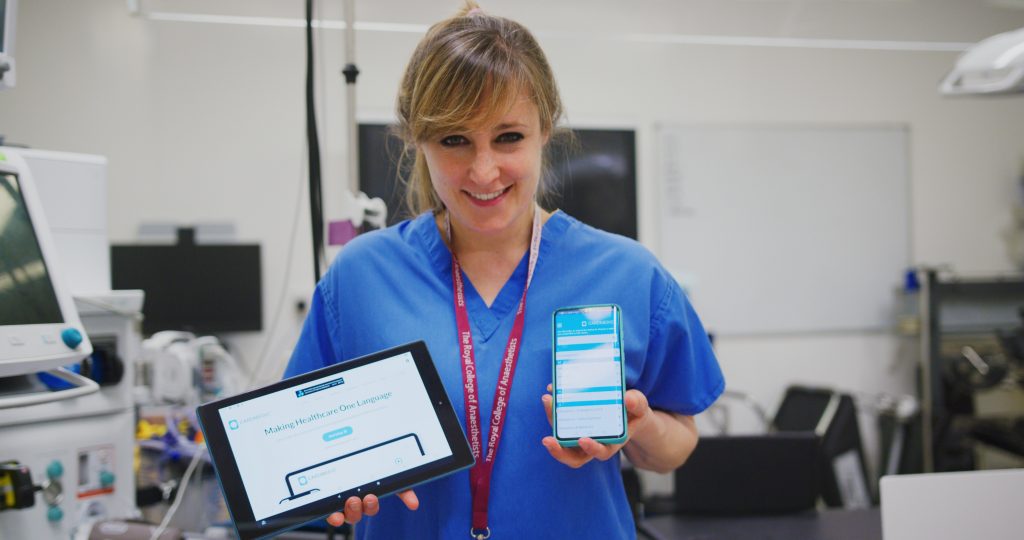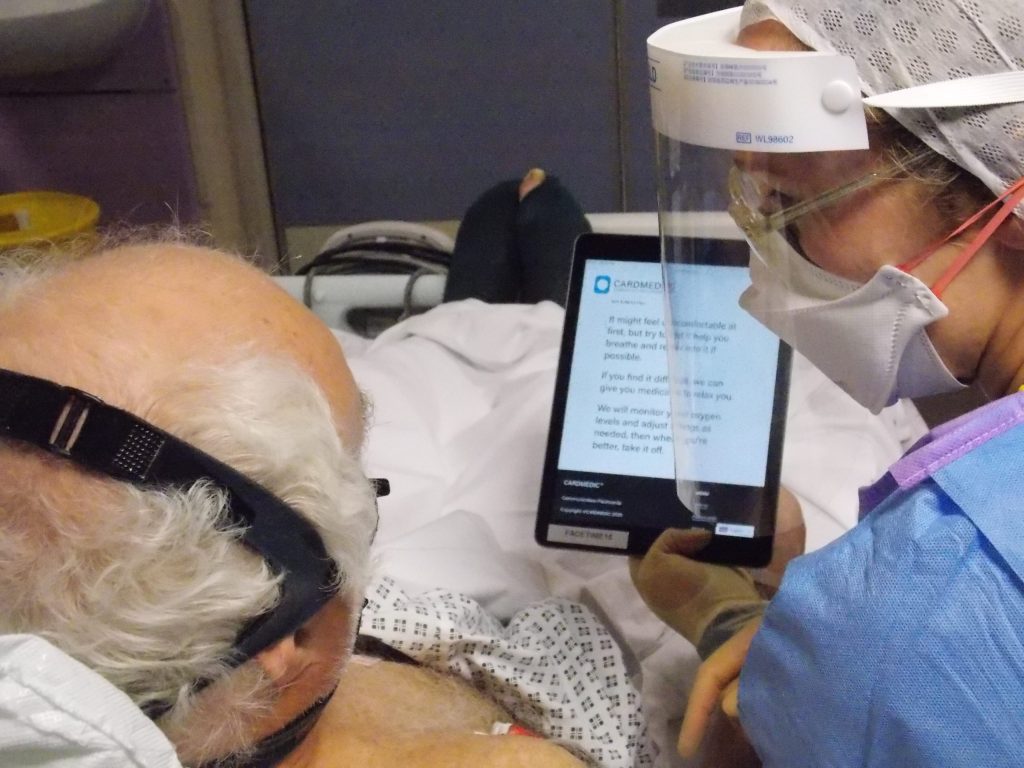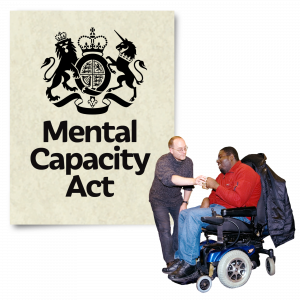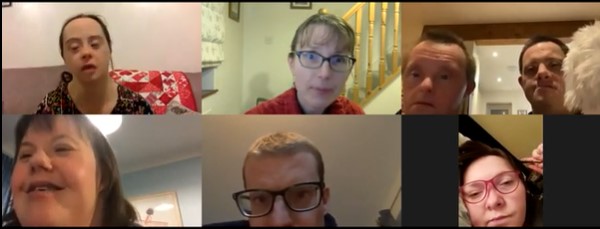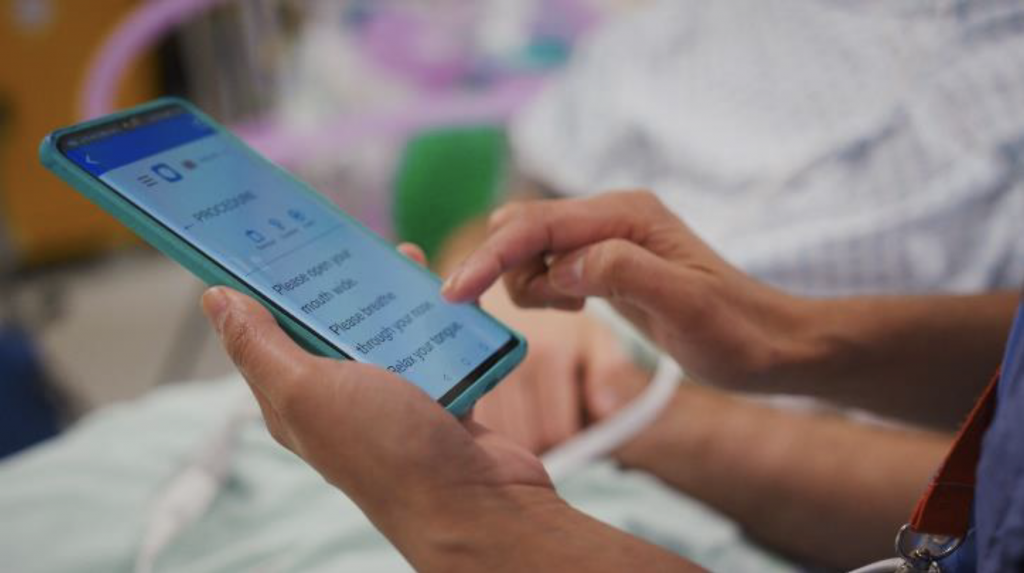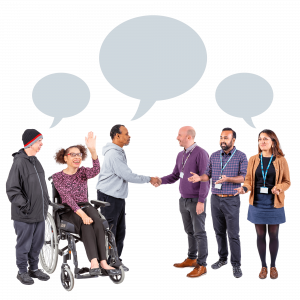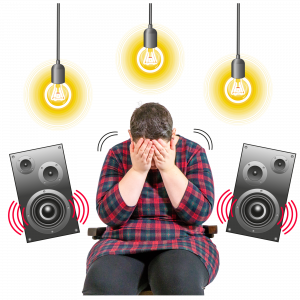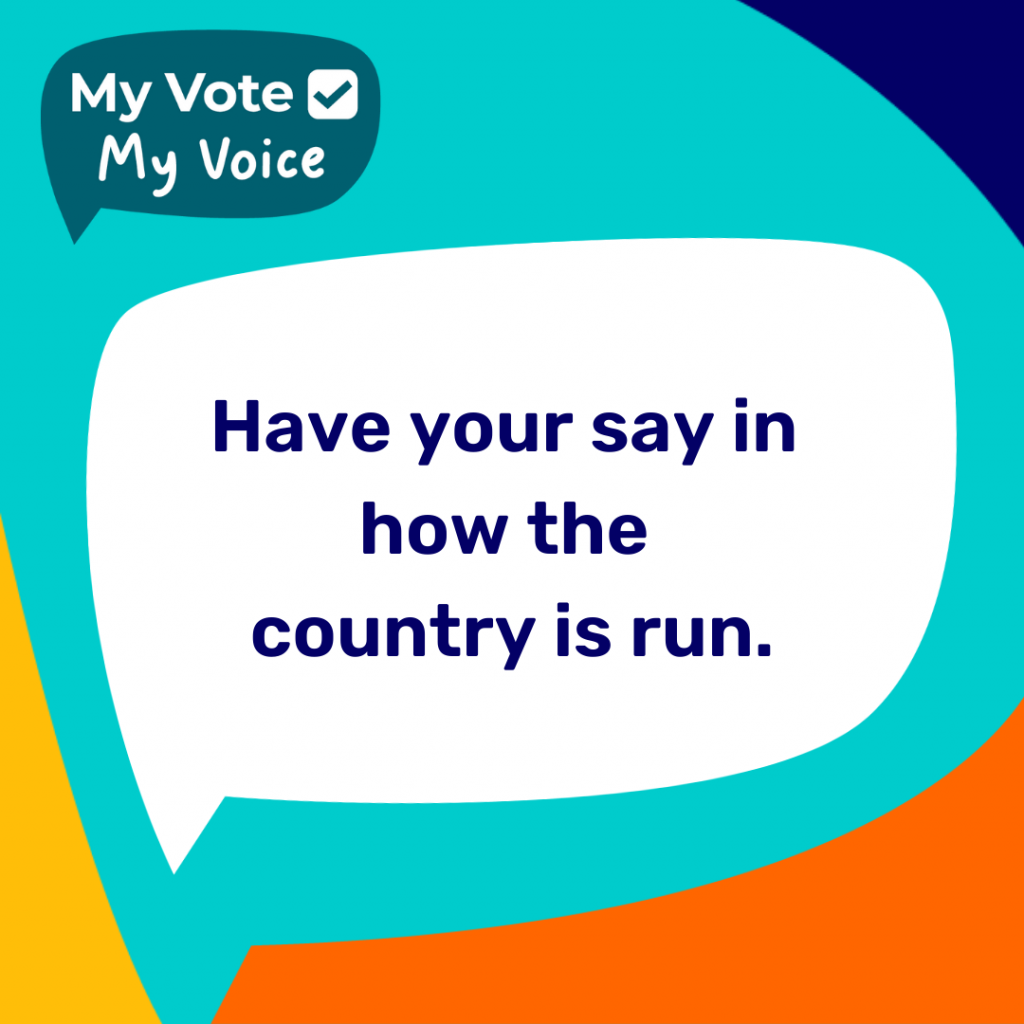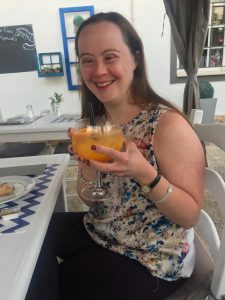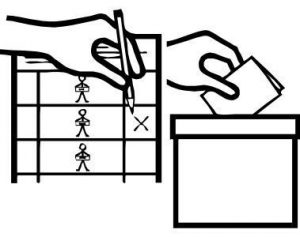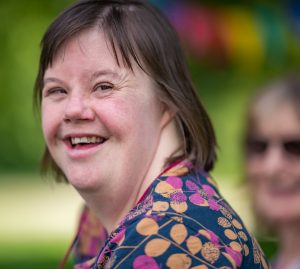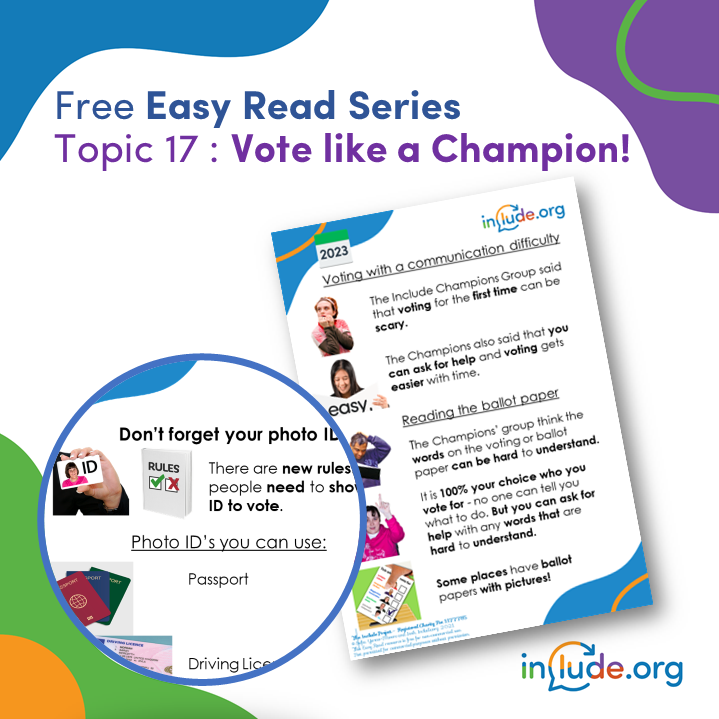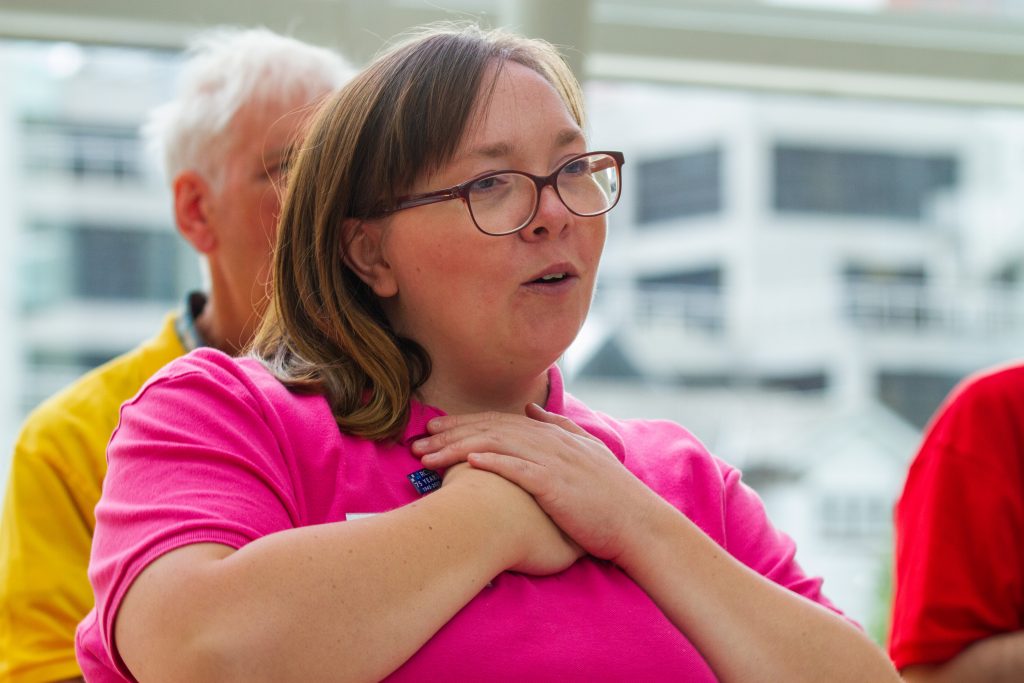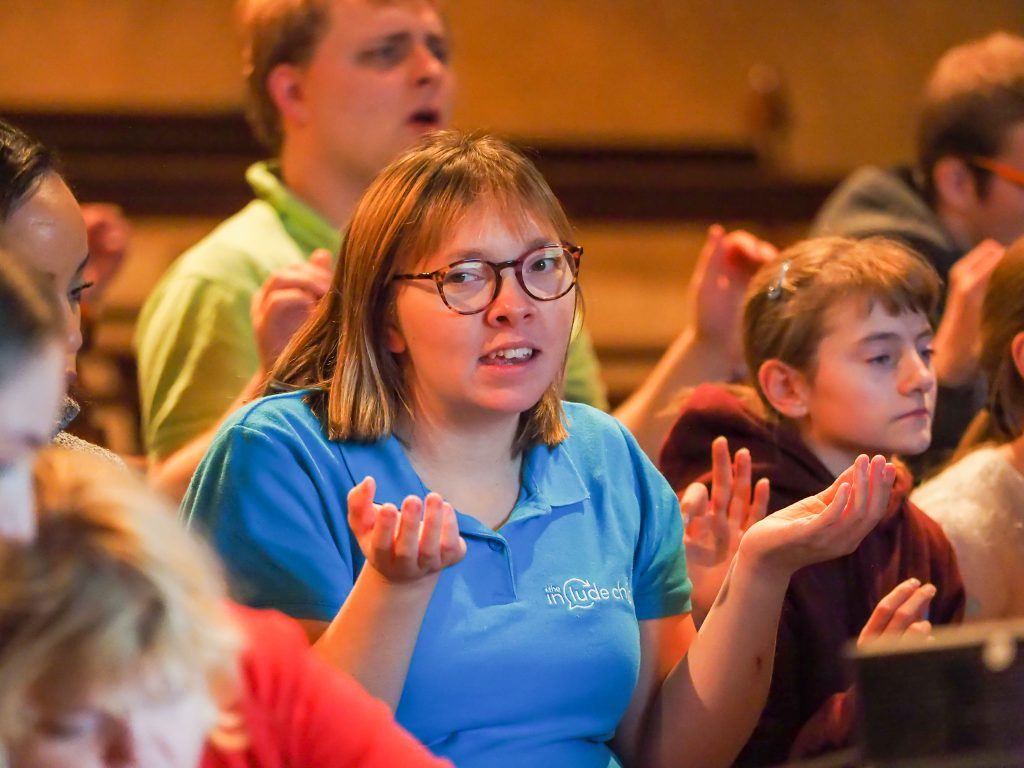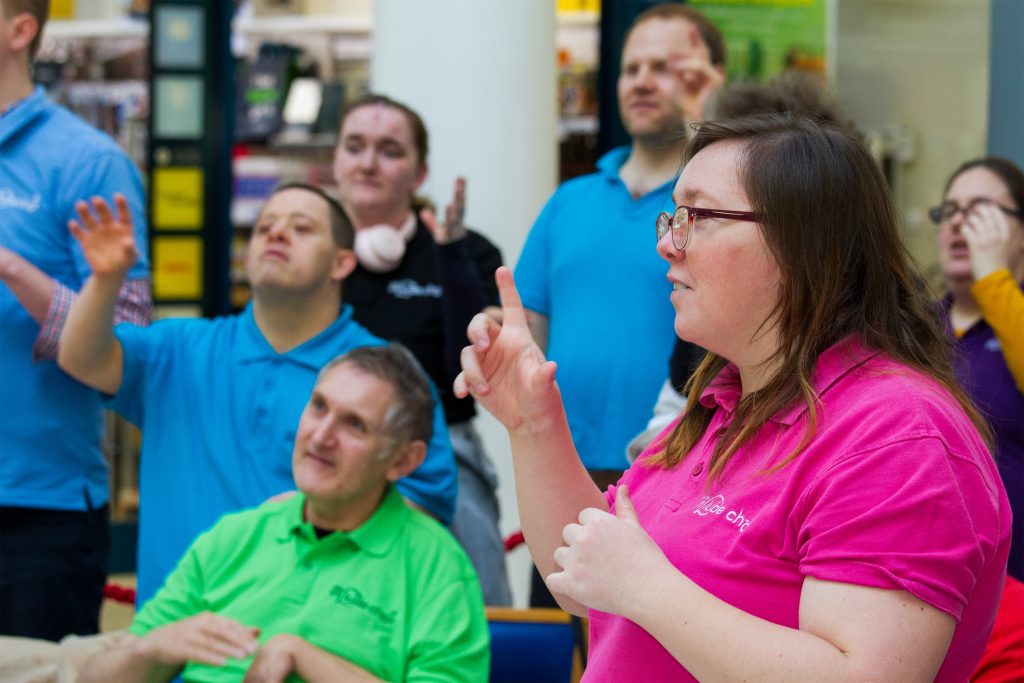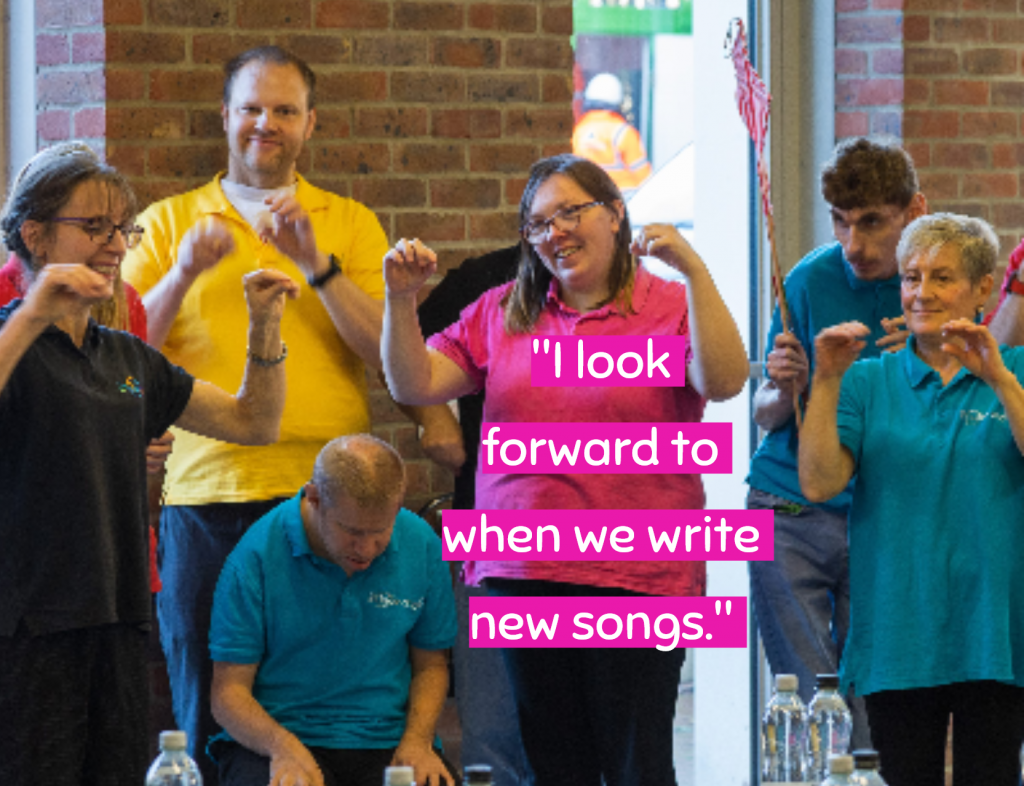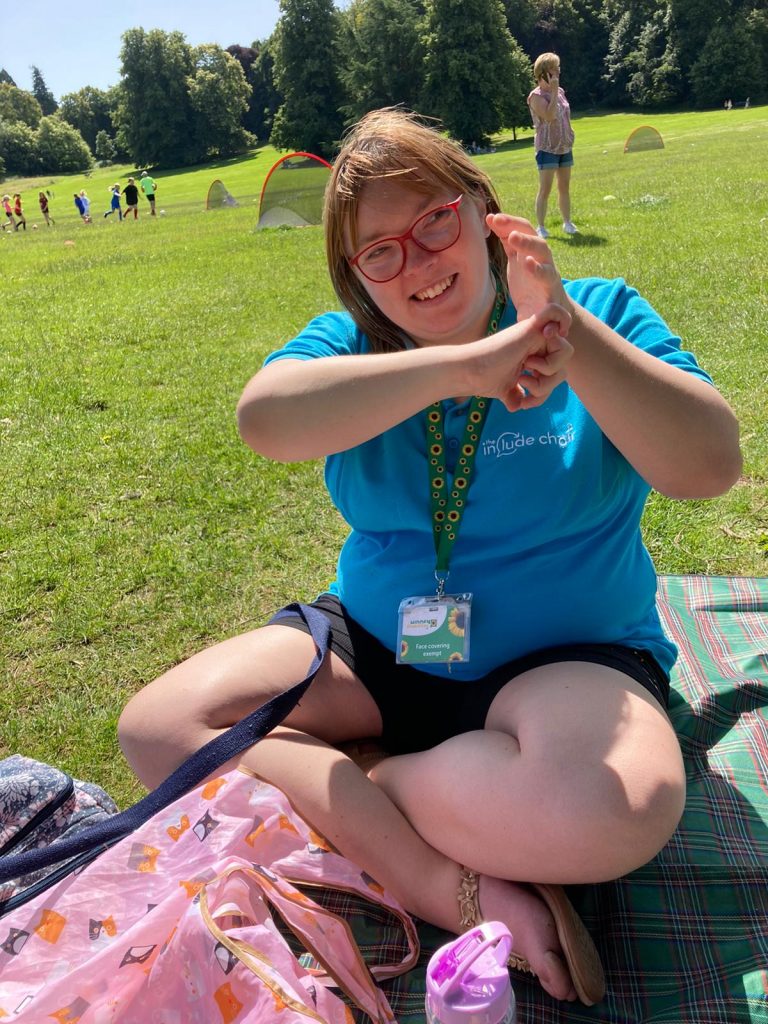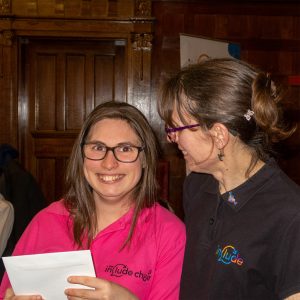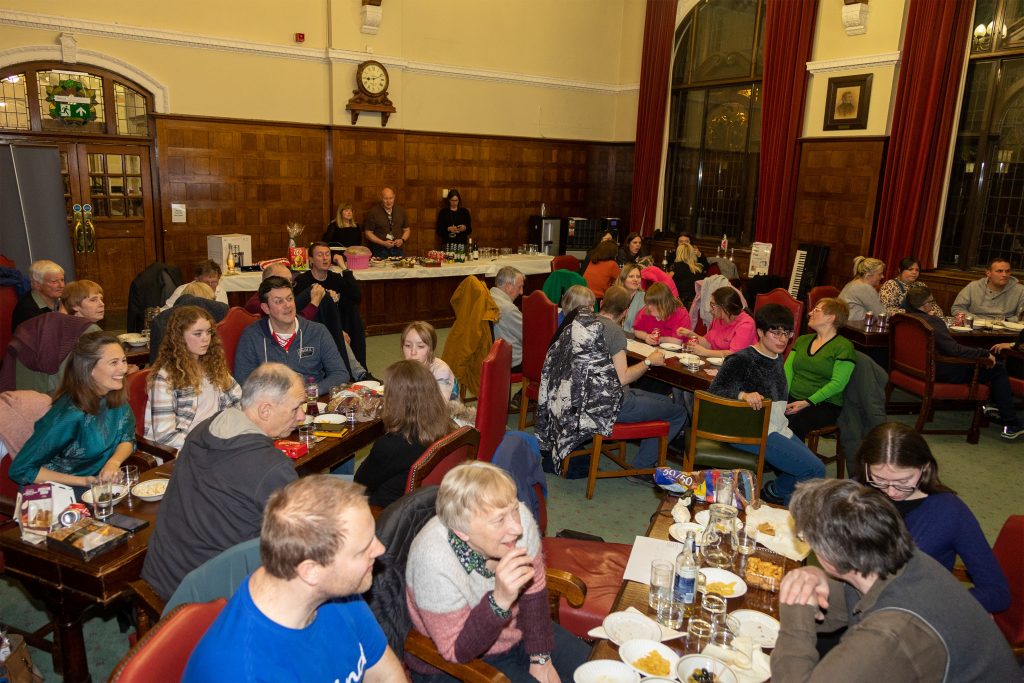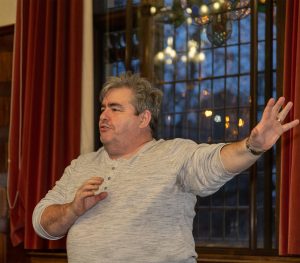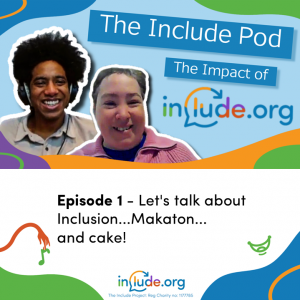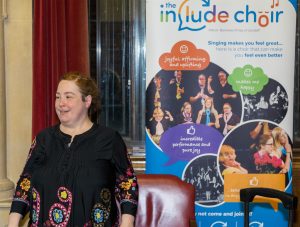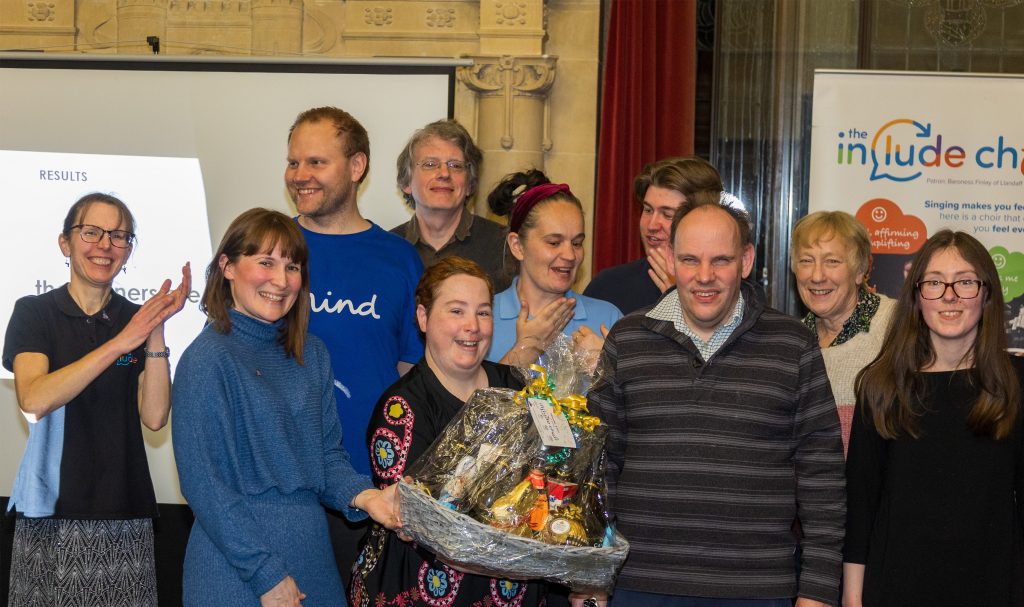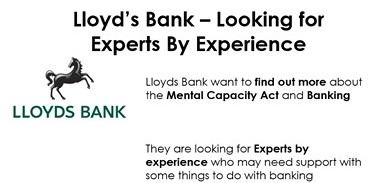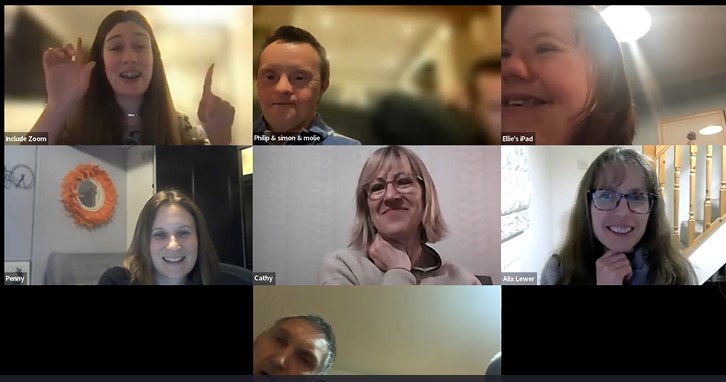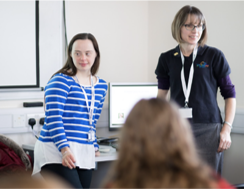The Include Champions group worked with Folusho from Liberty – the human rights organisation – to make Easy Read information available to all.
The topic was Talking to The Police. We asked Folusho to tell us about this collaboration from her perspective.
What’s your mission?
I work for the Advice and Information Team at Liberty, a human rights organisation. The Advice and Information team’s mission is to help people understand their human rights. We do this by answering questions people send to us about their human rights through our helpline and written advice service. We also publish online articles about people’s rights, and deliver training to community groups.
The law is complex and tricky to understand so we try to break down topics to be as simple as possible.
We realised that we needed to make our information more accessible. Some people find it hard to read and understand things. Some people are still learning English.
We don’t want these people to be missed out. Human rights are for everyone!
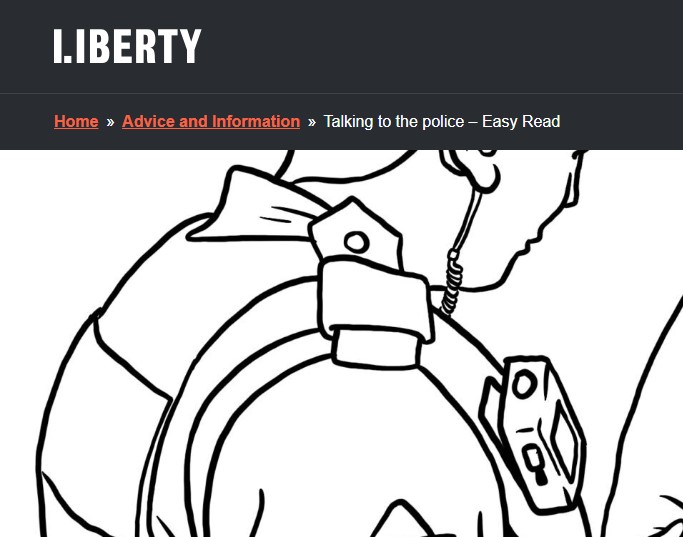
Why did you reach out to Include and decide to work with The Champions?
We wanted to create a resource to explain that you don’t always have to speak to the police. This was a tricky topic to explain, because there are many ‘if this, then that’ scenarios in this area of law.
We had written some information, but we felt we had some gaps in our knowledge on accessible writing. We know that many people find it hard to read long blocks of text.
I researched Easy Read, and I learned that it’s a way to use pictures and short sentences to set out information. I wanted to give it a go, but have it checked by professionals to make sure the resource was as useful and accessible as possible.
I really wanted an Easy Read provider who worked with people who use Easy Read – and Include was perfect. The Champions group is made up of people who use Easy Read themselves. They give feedback on drafts and help shape the resource.
I wanted a true collaborative approach through co-production. I knew Include would be a great fit because of their amazing work around accessibility.
What did you discover from meeting The Champions and being part of the Easy Read process?
I met the Champions on Zoom, and we went through what I wrote. They told me their thoughts: what was easy to understand, and what needed rephrasing.
Their questions prompted me to deeply think about the law, which can be unclear sometimes.
The Champions helped me explain this ambiguity as simply as possible, which also made me refine my own understanding.
Claudia, Alix and Penny all taught me things too. I learned about repetition, and working memory, and I use in all my writing going forward.
How is the Easy Read being used? What hopes do you have for it’s impact?
Its only been out for a short time, but we hope to send this resource to many different groups. We didn’t just send it to disability focused groups – but any group that does community organising, across a range of different backgrounds and walks of life.
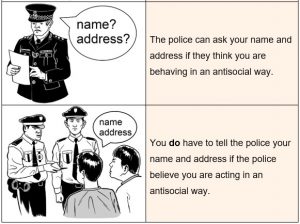
Easy Read is accessible to a wide range of people. As well as disabled people and non-English speakers, there are lots of people who benefit from this – people who are quickly scrolling on the tube, people who need to remember key information quickly.
I hope Easy Read makes people feel more confident knowing their rights. They might find it easier to remember since the pictures are there too.
I also hope it makes people think, “How can I make this information easier for more people to understand?” and be creative.
What is your personal take-way from this collaboration?

Accessibility is so important and there is always more to learn. People’s brains work in different ways. Instead of looking at this as a difficulty, I now embrace it as a challenge.
I now say to myself, “Can I break this topic down even further? What exactly does this word mean, and can I use a simpler one? Would I remember this in a stressful situation?” If my answer is no, I go back to the drawing board and try to address these issues.
I have become more flexible and open to my ideas changing in light of new information. I’m glad Alix and her team were honest about what didn’t work, because hopefully that means more people find the resource useful!
For people who are considering using Easy Read – do it! The value of these sessions have gone far beyond the initial resource and I am very grateful to Include.
Find the Easy Read that came from this collaboration here: Talking to the police – Easy Read – Liberty (libertyhumanrights.org.uk)
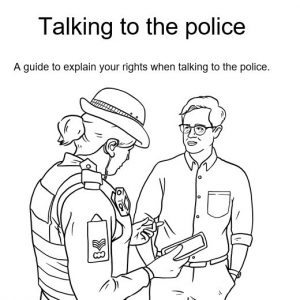

Communications, Fundraising and Partnerships Lead

